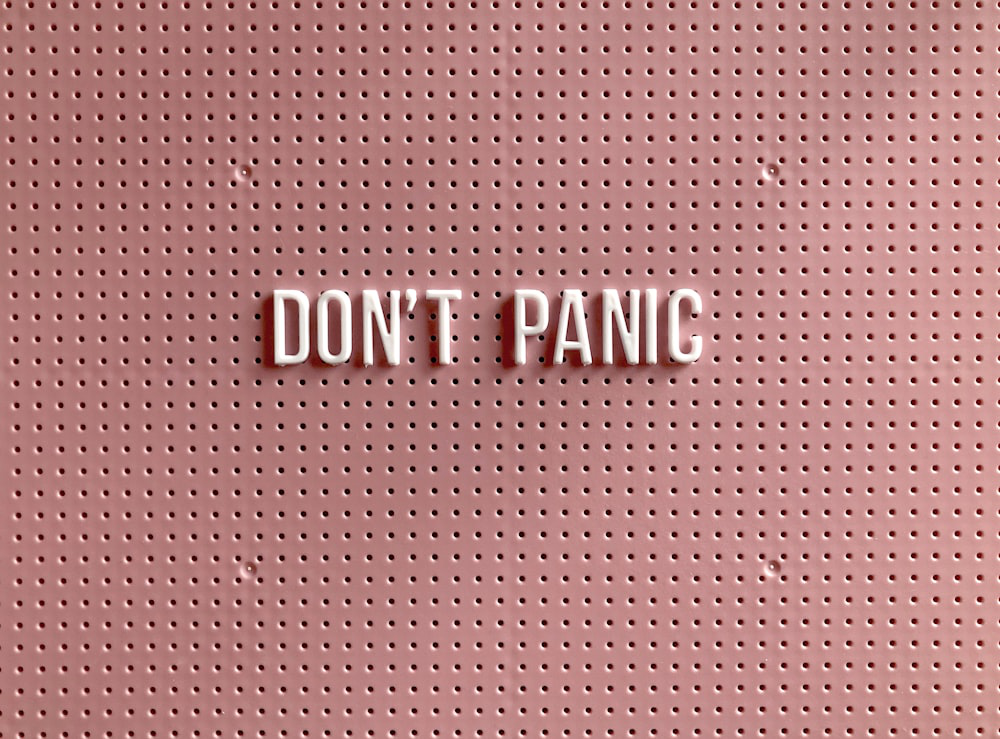Anxiety Disorders: Symptoms, Treatments, and Coping Mechanisms
Anxiety disorders can cast a long shadow over your life, impacting how you think, feel, and interact with the world around you. Imagine a constant undercurrent of worry, a knot of fear tightening in your chest at unexpected moments. These are just some of the ways anxiety disorders can manifest. The good news is that with knowledge and proactive steps, you can learn to manage anxiety and reclaim your sense of peace and well-being.
This blog will equip you with essential information about anxiety disorders, including the different types, common symptoms, and effective treatment options. We’ll also explore helpful coping mechanisms you can integrate into your daily life to keep anxiety at bay.
A Spectrum of Anxiety Disorders: Understanding the Different Faces of Anxiety
Anxiety disorders are not a monolithic entity. They encompass a range of conditions, each with its own unique set of characteristics. Here’s a closer look at some of the most common types:
- Generalized Anxiety Disorder (GAD): For individuals with GAD, worry becomes a persistent companion. They may fret about everything from finances and health to everyday tasks and minor inconveniences. This constant state of worry can be incredibly draining and interfere with daily functioning.
- Panic Disorder: Panic attacks, a hallmark symptom of Panic Disorder, can be terrifying. They strike suddenly and often without warning, causing a surge of intense fear or discomfort accompanied by physical symptoms like heart palpitations, shortness of breath, and dizziness. The fear of having another panic attack can lead to avoidance behaviors, further restricting daily life.
- Social Anxiety Disorder (Social Phobia): Social situations can be a minefield for people with Social Anxiety Disorder. The intense fear of being scrutinized, judged, or humiliated by others can lead to significant avoidance of social interactions, public speaking, or even eating in front of others.
- Specific Phobias: Phobias are persistent and irrational fears of specific objects or situations. These phobias can range from a fear of heights or spiders to a fear of flying or enclosed spaces. While phobias may not completely disrupt daily life, they can cause significant distress and avoidance behaviors when encountered.
- Obsessive-Compulsive Disorder (OCD): OCD is characterized by unwanted thoughts (obsessions) that trigger repetitive behaviors (compulsions) aimed at reducing anxiety. For instance, someone with an obsession with germs might compulsively wash their hands repeatedly.
 Recognizing the Signs: Common Symptoms of Anxiety Disorders
Recognizing the Signs: Common Symptoms of Anxiety Disorders
Anxiety disorders don’t just manifest in your thoughts; they can have a profound impact on your physical and emotional well-being. Here are some common symptoms to watch out for:
- Physical Symptoms: Rapid heartbeat, shortness of breath, sweating, muscle tension, headaches, stomachaches, and dizziness are all common physical manifestations of anxiety.
- Emotional Symptoms: Excessive worry, irritability, restlessness, difficulty concentrating, feeling on edge, and a sense of impending doom are some of the emotional hallmarks of anxiety disorders.
- Behavioral Symptoms: People with anxiety disorders may engage in avoidance behaviors to escape situations or objects that trigger their anxiety. They may also resort to safety-seeking behaviors, such as carrying lucky charms or constantly checking for reassurance.
The severity of these symptoms can vary greatly from person to person. If you’re experiencing a combination of these symptoms and they’re significantly impacting your daily life, it’s important to seek professional help.
Taking Charge of Your Well-Being: Effective Treatments and Coping Mechanisms
The good news is that anxiety disorders are highly treatable. Here are some of the most effective treatment options available:
- Cognitive-Behavioral Therapy (CBT): CBT is a form of psychotherapy that helps individuals identify and challenge negative thought patterns that contribute to anxiety. By learning to reframe these thoughts and develop healthier coping mechanisms, individuals can effectively manage their anxiety symptoms.
- Exposure Therapy: This therapy approach gradually exposes individuals to their feared situations or objects in a safe and controlled environment. Through repeated exposure, they learn to manage their anxiety and reduce their fear response.
- Medication: Antidepressants and anti-anxiety medications can be helpful in managing anxiety symptoms, particularly when combined with therapy. These medications work by regulating brain chemicals that play a role in mood and anxiety.
In addition to professional treatment, there are several self-help strategies you can incorporate into your daily routine to manage anxiety:
- Relaxation Techniques: Deep breathing exercises, progressive muscle relaxation, and meditation can all be effective in reducing physical tension and promoting a sense of calm.
- Healthy Lifestyle Habits: Regular physical activity, a balanced diet, and getting enough sleep are all essential for maintaining overall well-being and reducing stress levels, which can exacerbate anxiety symptoms.
 Everyday Strategies for Calmer Living
Everyday Strategies for Calmer Living
Managing anxiety can feel like walking a tightrope – a constant effort to balance responsibilities, emotions, and the ever-present undercurrent of worry. While professional help is a crucial piece of the puzzle, there are powerful strategies you can integrate into your daily life to build your resilience and navigate anxiety with greater ease. Imagine yourself equipped with a toolbox filled with resources – practical techniques you can pull out at any moment to calm your mind, reduce stress, and promote overall well-being.
Mindfulness and Meditation: Anchoring Yourself in the Present Moment
When anxiety takes hold, it can feel like your mind is racing a million miles a minute. Mindfulness practices can be a powerful antidote. They involve intentionally bringing your attention to the present moment without judgment. Techniques like meditation, deep breathing exercises, and body scans can help:
- Quiet the Chatter: Meditation allows you to observe your thoughts without getting caught up in them. Imagine your thoughts like passing clouds; you simply acknowledge them and let them drift by. This helps quiet the mental noise and fosters a sense of inner calm.
- Deep Breathing for Relaxation: Deep, diaphragmatic breaths activate your body’s relaxation response. As you inhale slowly through your nose and exhale completely through your mouth, imagine tension melting away with each breath.
- Body Scan Awareness: A body scan involves focusing your attention on different parts of your body and noticing any physical sensations without judgment. This practice can help you become more aware of where you hold tension and allow you to release it consciously.
By incorporating these mindfulness techniques into your daily routine, you can cultivate a sense of peace and clarity, even amidst moments of anxiety.
Setting Boundaries: Creating a Safe Space for Yourself
Boundaries are like invisible walls that protect your time, energy, and emotional well-being. Learning to set boundaries is a crucial skill for managing anxiety. Here’s how it helps:
- Preventing Overwhelm: By saying “no” to additional responsibilities or requests that drain your energy, you create space for self-care and prevent burnout. This reduces stress and fosters a sense of control over your schedule.
- Communicating Your Needs Assertively: Assertive communication involves expressing your needs and feelings honestly and directly, while still respecting the needs of others. This can help avoid misunderstandings and resentment, which can contribute to anxiety.
- Creating a Supportive Environment: When you set healthy boundaries, you create a safe space for yourself where you can prioritize your mental and emotional well-being. This allows you to feel more empowered and in control of your life.
Remember, setting boundaries isn’t about being selfish; it’s about taking care of yourself so you can show up fully for yourself and others.
 Get in touch with a counselor
Get in touch with a counselor
While anxiety disorders can be challenging to navigate, implementing these strategies into your daily life can help you manage symptoms and improve your overall well-being. By prioritizing self-care, setting boundaries, and seeking support when needed, you can take proactive steps towards anxiety management and leading a fulfilling life. Comprehensive Counseling Services, LLC has got your back. We provide drug addiction treatment, anger management counseling, marriage counseling, and more.
Contact us today to schedule an appointment.

